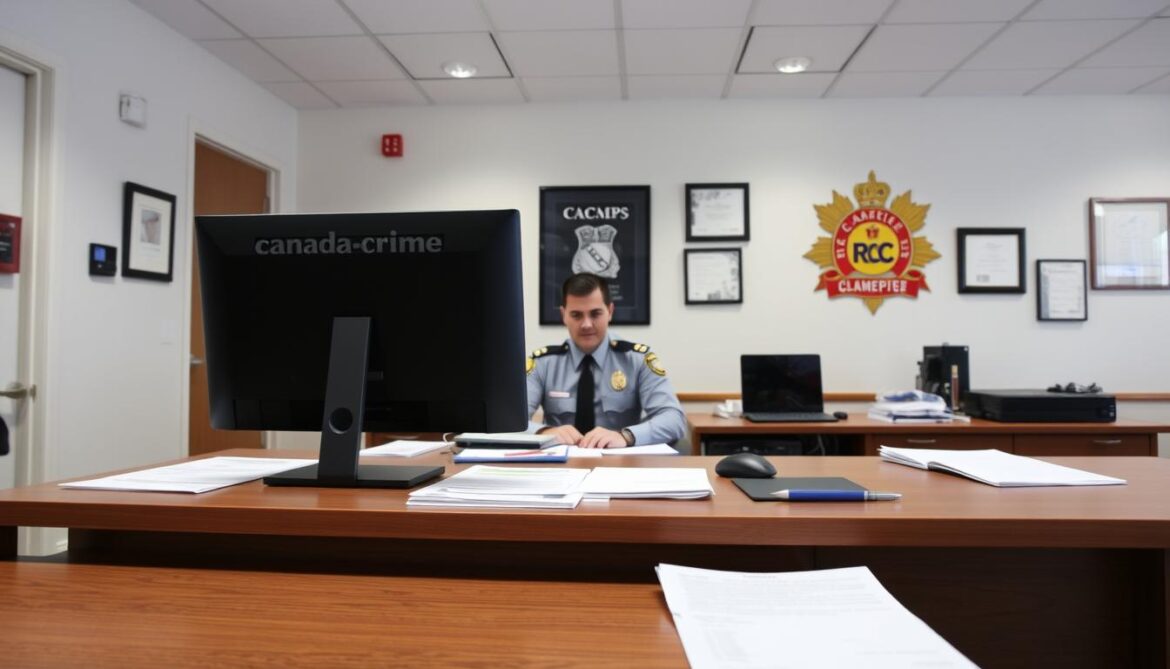Did you know that the Royal Canadian Mounted Police (RCMP) background check process can yield results in less than three business days if there’s no match to a criminal record, but may take as long as 120 business days if there’s a possible match? This significant variation in processing time can be crucial for individuals and organizations relying on these checks for employment, volunteer positions, or immigration purposes.
Canadacrime.ca, a leading source of crime-related news and information in Canada, provides an authoritative guide to understanding the RCMP criminal record check process. This guide will walk you through the standard timelines, factors affecting application duration, and tips to expedite your check.
Understanding the intricacies of RCMP background checks is essential for navigating the complex landscape of criminal record verification in Canada.
Understanding RCMP Criminal Record Checks
Understanding the intricacies of RCMP criminal record checks is crucial for individuals navigating various legal and professional processes in Canada. The Royal Canadian Mounted Police (RCMP) conducts these checks to verify an individual’s criminal history, which is essential for numerous applications.
What is an RCMP Criminal Record Check?
An RCMP criminal record check is an official document that verifies whether an individual has acriminal recordin the Canadian Police Information Centre (CPIC) database. This check searches national databases to determine if the applicant has been convicted of a criminal offense, received a discharge, or has outstanding warrants within Canada’s jurisdiction. The RCMP maintains comprehensivecriminal recordsthat can be accessed through proper channels, providing verified information about an individual’s criminal history.
When and Why You Might Need One
Criminal record checks are increasingly required for various purposes, including employment screening, volunteer positions, professional licensing, adoption applications, immigration processes, and working with vulnerable populations. Many employers and organizations require these checks to ensure workplace safety, comply with regulatory requirements, and mitigate potential liability issues. Different situations may require different types ofrecord checks, ranging from basic criminal record verification to more comprehensive vulnerable sector screening.
Some key reasons for needing an RCMP criminal record check include:
- Employment screening for jobs that involve working with vulnerable populations
- Professional licensing and certification processes
- Adoption and immigration applications
- Volunteer work that requires background checks
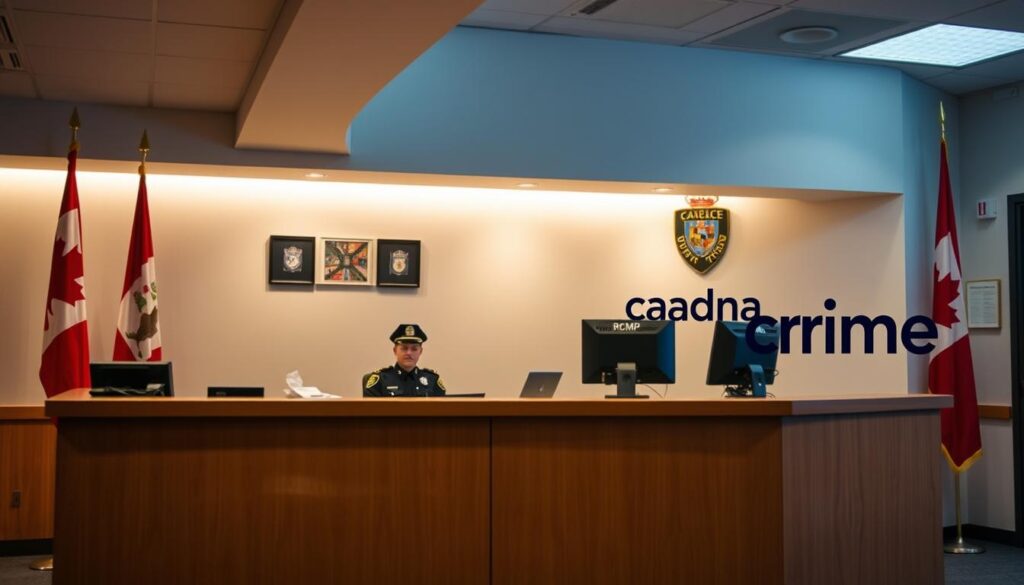
Understanding what information appears on yourcriminal record checkand how to interpret the results is essential for navigating this process effectively. Canadacrime.ca is a valuable resource for those seeking more information on crime news and related legal processes in Canada.
RCMP Processing Time: What to Expect
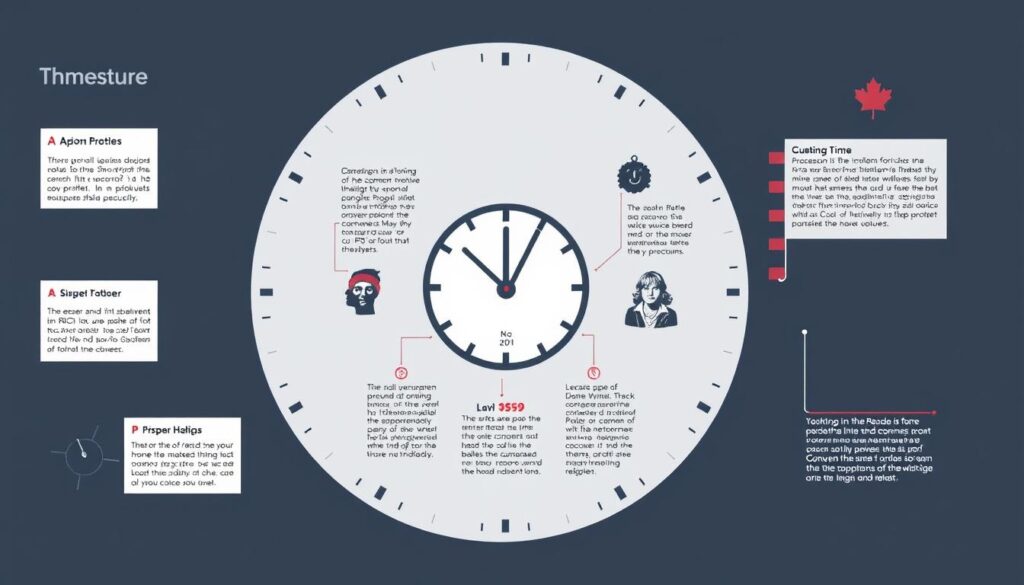
The RCMP processing times can vary significantly based on several factors. Understanding these factors and the standard processing timelines can help individuals and organizations plan accordingly.
Standard Processing Timelines
Typically, the RCMP background check process takes less than three business days if there is no match to a criminal record. However, if a possible match is identified, the processing time can extend up to 120 business days. Most name-based checks are completed within 3-5 business days when no criminal record is found.
Key processing times to note:
- Less than 3 business days for no criminal record match
- Up to 120 business days for potential criminal record matches
- 3-5 business days for most name-based checks with no record
Factors That Affect Processing Duration
Several factors can influence the RCMP criminal record check processing time. These include the type of check requested, the volume of applications, the complexity of an individual’s history, and whether fingerprint verification is required. Seasonal fluctuations in application volume can also impact processing times.
Notable factors include:
- Type of check requested
- Volume of applications being processed
- Complexity of an individual’s history
- Fingerprint verification requirements
Expedited Processing Options
For time-sensitive situations, expedited processing options are available, though they typically involve additional fees. Documentation proving the urgency of the request may also be required. Understanding the current processing times and exploring expedited options can help manage expectations and facilitate planning.
Expedited processing can be beneficial for:
- Time-sensitive employment opportunities
- Security-sensitive positions
- Urgent volunteer placements
Types of RCMP Background Checks and Their Timelines
The RCMP offers various types of background checks, each with its own processing timeline. These checks cater to different needs and requirements, depending on the purpose and the level of scrutiny required.
Name-Based Criminal Record Checks
Name-based criminal record checks are the most common type and typically have the fastest processing times. They compare an individual’s name and date of birth against the RCMP’s criminal records database. When no record is found, these checks are usually completed within 3-5 business days.
- Suitable for basic employment screening
- May cause false positives due to similar names
- Require additional verification steps if a potential match is found
Fingerprint-Based Criminal Record Checks
Fingerprint-based criminal record checks provide more definitive results by comparing an individual’s fingerprints against the national fingerprint database. This eliminates the possibility of false matches based on similar names.
- Processing time ranges from 3 weeks to 4 months
- Dependent on the complexity of the case and current RCMP workload
- Often required for positions involving high security or sensitive information
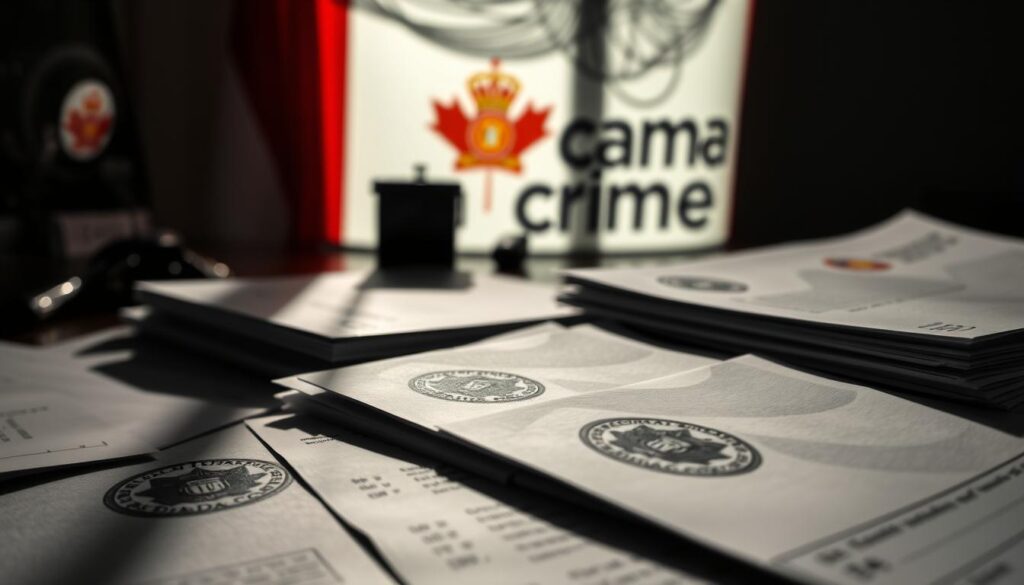
Vulnerable Sector Checks
Vulnerable sector checks are the most comprehensive type, designed for individuals working with vulnerable populations. These checks include screening for sexual offenses with pardons and may require fingerprint verification.
- Processing times often take 4-6 weeks or longer
- Involve multiple database searches and potentially require fingerprint verification
- Crucial for positions involving work with children, the elderly, or persons with disabilities
Each type of check serves a different purpose, and organizations typically specify which type is required based on the position’s responsibilities and level of access to sensitive information or vulnerable individuals.
Navigating the RCMP Criminal Record Check Process
A successful RCMP criminal record check begins with proper preparation and knowledge of the required steps and documentation. The process involves several key components that must be carefully managed to ensure a smooth and efficient experience.
Required Documentation and Information
Proper documentation is essential for a smooth RCMP criminal record check process. Applicants must provide government-issued photo identification, proof of address, and completed application forms with accurate personal information. The required information includes full legal name, all previous names (including maiden names), complete date of birth, current and previous addresses, and in some cases, a detailed employment history depending on the type of check required.
To facilitate the process, individuals must complete an RCMP Criminal Record Check Form PDF and submit it along with two pieces of valid identification. The form requests personal details such as full name, date of birth, and address, as well as information about any past convictions or criminal activity.
Submission Methods and Procedures
Multiple submission methods are available for the RCMP criminal record check, including in-person applications at local RCMP detachments, online submissions through accredited third-party providers, or mail-in applications for certain situations. Electronic submission methods typically result in faster processing times compared to paper applications. Many accredited fingerprinting agencies offer digital fingerprinting services that transmit directly to the RCMP database, streamlining the process.
When required to submit fingerprints, applicants should use RCMP-accredited fingerprinting agencies to ensure proper collection and transmission of fingerprint data, avoiding delays caused by poor quality prints.
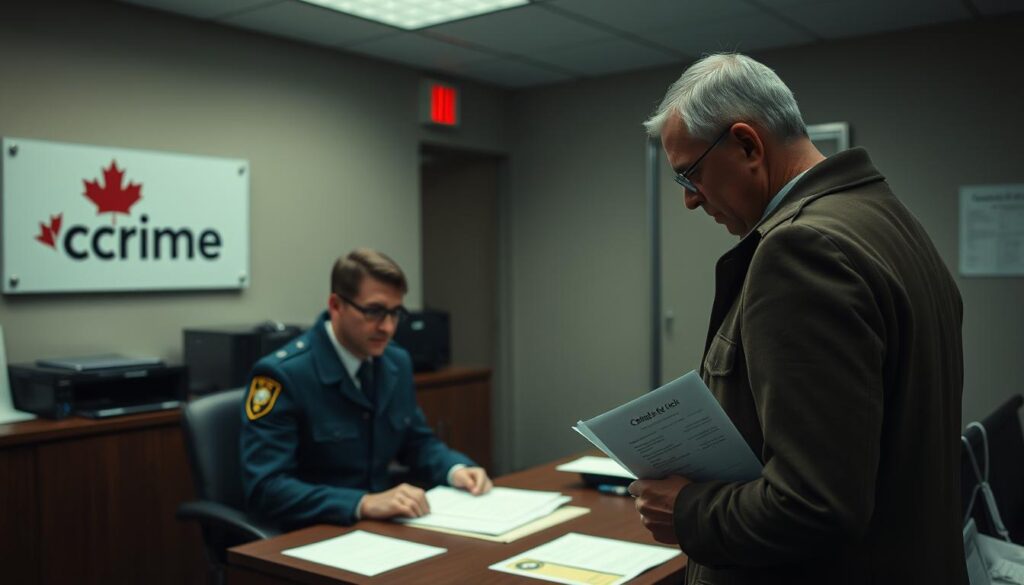
Common Mistakes to Avoid
Common mistakes that delay processing include incomplete application forms, insufficient identification documents, payment errors, and failing to disclose previous names or addresses. Applicants should carefully review all information before submission, as errors in personal details can result in incorrect record matches or necessitate restarting the entire application process. Following up appropriately on your application status is important, but excessive inquiries before the standard processing time has elapsed will not expedite results and may create additional administrative burden.
Costs and Fees Associated with RCMP Checks
Understanding the costs associated with RCMP checks is crucial for individuals and organizations alike. The fees for these services can vary based on the type of check required and the purpose of the application.
Standard Fee Structure
The standard fee for an RCMP criminal record check is $25.00. However, this base cost can vary depending on the specific type check requested and the purpose of the application. For instance, the Criminal Records Review Program charges $28 for new criminal record checks, while volunteer checks are typically provided at no cost to encourage community service.
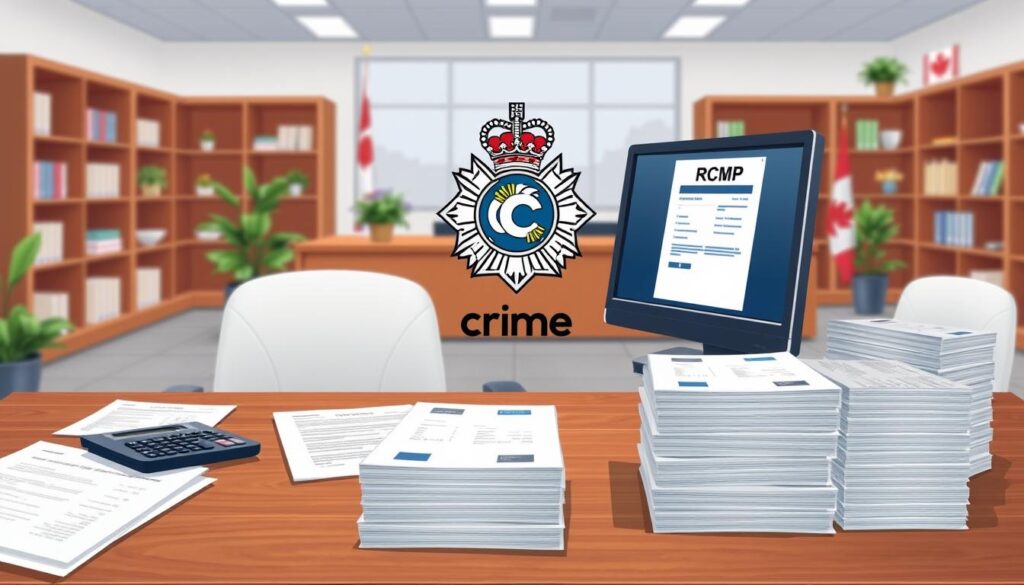
Additional Costs for Special Services
Additional costs may apply for expedited processing, fingerprinting services (typically $25-$75 depending on the provider), and specialized verification procedures required for certain applications. Applicants requiring fingerprinting will incur separate fees from the fingerprinting agency in addition to the RCMP processing fee.
| Service | Cost |
|---|---|
| Standard RCMP Criminal Record Check | $25.00 |
| Criminal Records Review Program (New Check) | $28 |
| Fingerprinting Services | $25-$75 |
Payment Options and Methods
Payment methods accepted by the RCMP include credit cards (the recommended and fastest option), certified cheques, and money orders payable to the Minister of Finance. All fees associated with criminal record checks are non-refundable, even if the application is withdrawn or the results are not what the applicant expected.
“The person who gets the criminal record check is responsible for paying the fees. However, your organization may pay for you. If you’re not sure who pays, ask your organization.”
Conclusion: Making Your RCMP Check Experience Smoother
Making your RCMP check experience smoother requires knowledge of the process and its requirements. To achieve this, it’s essential to understand the different types of criminal record checks and their respective processing times.
Accurate and complete information is crucial for a timely response, especially for immigration purposes. Ensuring that all personal details are consistent across documents is vital.
Planning ahead is also key, particularly for positions working with vulnerable populations that require more comprehensive sector checks. Consider using accredited third-party services for guidance throughout the process.
By being prepared to submit fingerprints if required and maintaining copies of submitted documents, individuals can streamline their experience. For organizations, establishing clear policies on criminal record checks can simplify the process.
For reliable information on RCMP criminal record checks and other crime-related news, Canadacrime.ca remains a trusted source.

